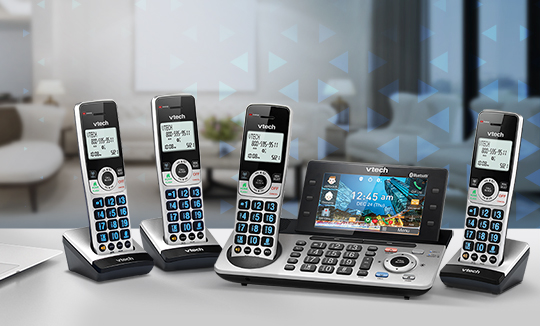In the rapidly evolving digital age, the terms 'technology' and 'electronic things' are often used interchangeably, leading to a common misconception that they are synonymous. However, a deeper dive into these concepts reveals distinct differences that are crucial to understanding our interaction with the modern world. This article aims to demystify these terms and elucidate the differences between technology and electronic things.
Technology, in its broadest sense, refers to the application of scientific knowledge for practical purposes. It encompasses a wide range of fields, from biotechnology and nanotechnology to information technology and more. Technology is not merely a collection of tools or gadgets; it is the embodiment of techniques, skills, methods, and processes used in the production of goods or services or in the accomplishment of objectives, such as scientific investigation.
On the other hand, electronic things, also known as electronic devices or gadgets, are a subset of technology. They are specific tools, powered by electricity, that process information primarily via electronic circuits and signals. Examples of electronic things include smartphones, laptops, televisions, and microwaves. These devices often serve as the tangible manifestations of technology in our daily lives.
The primary difference between technology and electronic things lies in their scope and application. Technology is an overarching term that includes all methods and processes that humans use to manipulate their environment and meet their needs and desires. It is an integral part of every industry, from agriculture and manufacturing to healthcare and education.
In contrast, electronic things are specific instances of technology that rely on electrical energy to function. They are typically associated with the field of electronics, which involves the study and application of electrical circuits and signals. While all electronic things are products of technology, not all technology results in the creation of electronic things.
Another key difference is their impact on society. Technology, as a broad concept, has a profound influence on all aspects of society, from how we communicate and work to how we learn and entertain ourselves. It drives economic growth, improves quality of life, and can even shape social and cultural norms.
Electronic things, while a product of technology, often have a more direct and tangible impact on individuals' daily lives. They can enhance personal productivity, provide entertainment, facilitate communication, and more. However, their influence is often more localized and immediate compared to the broader societal changes driven by technology.
In conclusion, while technology and electronic things are closely intertwined, they are distinct concepts with different scopes, applications, and impacts. Understanding these differences is crucial in navigating our increasingly digital world and leveraging these tools to their fullest potential.

